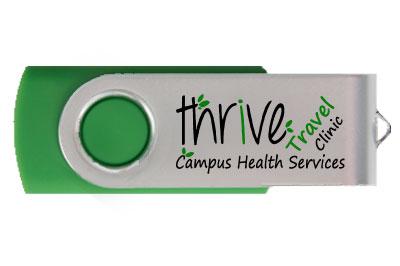Travel Preparations
Traveling abroad involves a lot of preparation. Does the country I am visiting require a travel visa along with a standard passport? How can I stay up to date on the latest safety concerns in certain regions of the world? What are the vaccination requirements? The topics in this section aim to address a myriad of items that should be considered in the months prior to your global experience.
Along with a standard passport, a travel visa may also be required. Learn more about your destination, its Entry, Exit, and Visa Requirements, and who you can contact for further information. In addition to travel visa requirements, double check passport requirements. Certain countries require that your passport remain valid up to six months after your date of return.
Book your flights well in advance to secure the best price. Then, research logistical items such as airport transportation, when to arrive at the airport, and TSA requirements. Please read our Gender Identity & Sexuality page to learn more about how this component of your identity affects your travel experience.
Your U.S. health insurance will likely not cover you while abroad (though there are some exceptions). As mandated by the University of North Carolina General Administration, all faculty, staff and students (undergraduate, graduate and professional) traveling abroad in affiliation with the University are required to purchase international health, evacuation, and repatriation insurance, provided by GeoBlue. More information can be found here. If your program is not in direct affiliation with UNC, it is strongly recommended that you purchase travel insurance, particularly a plan that includes emergency medical evacuation services. Read why here.
You also may want to plan a visit to UNC’s International Travel Clinic prior to your trip. This clinic can 1) explain vital information about potential health risks in the areas of the world you are visiting, 2) administer required vaccinations for your destination(s), and 3) provide further educational materials. Visit their website to learn more about their easy review and recommendation process.
Video Credit: UNC Campus Health
If you will be traveling with medications, be sure to make an appointment with your primary care provider or UNC’s International Travel Clinic well ahead of time to discuss your travel plans. You should also check the State Department’s information page for your destination country to make sure that all of your medications are allowed in the country. Be aware that the State Department may direct you to your destination’s embassy. Pack all medications together in your carry-on bag and in their original labeled containers. Be sure you have enough doses to last your entire trip as well as a few extra just in case. Finally, have written prescriptions and documentation from your physician, preferably on official letterhead, detailing all medications and dosage information in case of emergency refill.
If you are planning to travel abroad, register for the State Department’s Smart Traveler Enrollment Program to receive the latest travel warnings, alerts and information about the country where you will be traveling.
